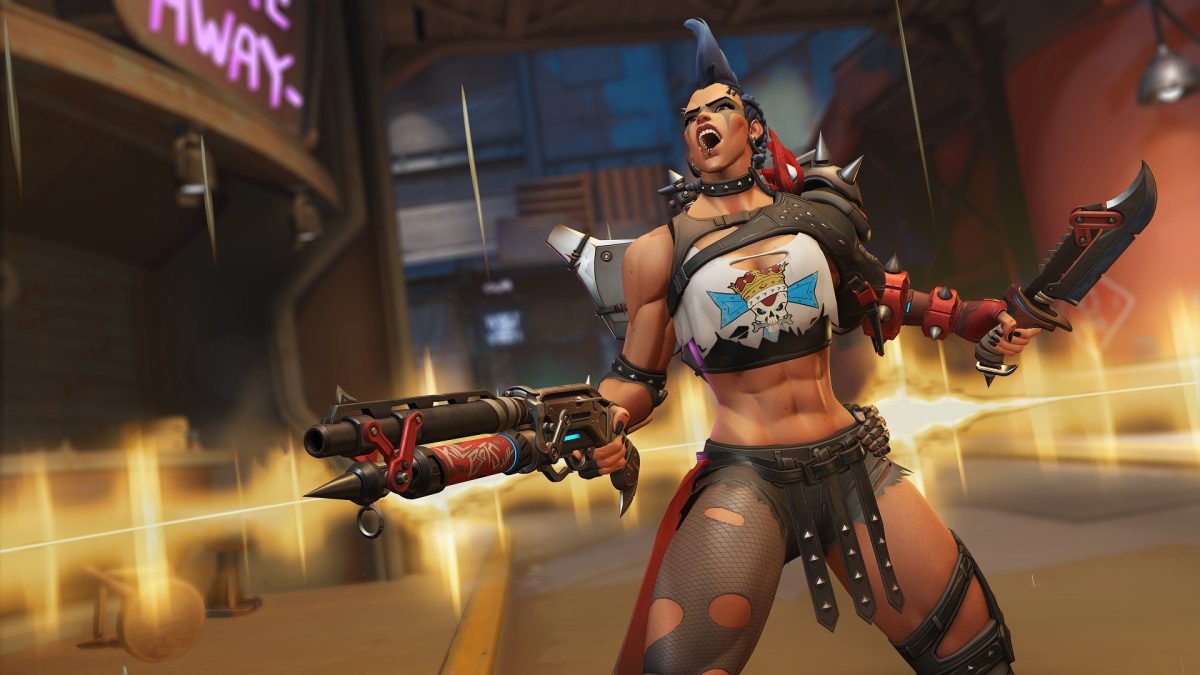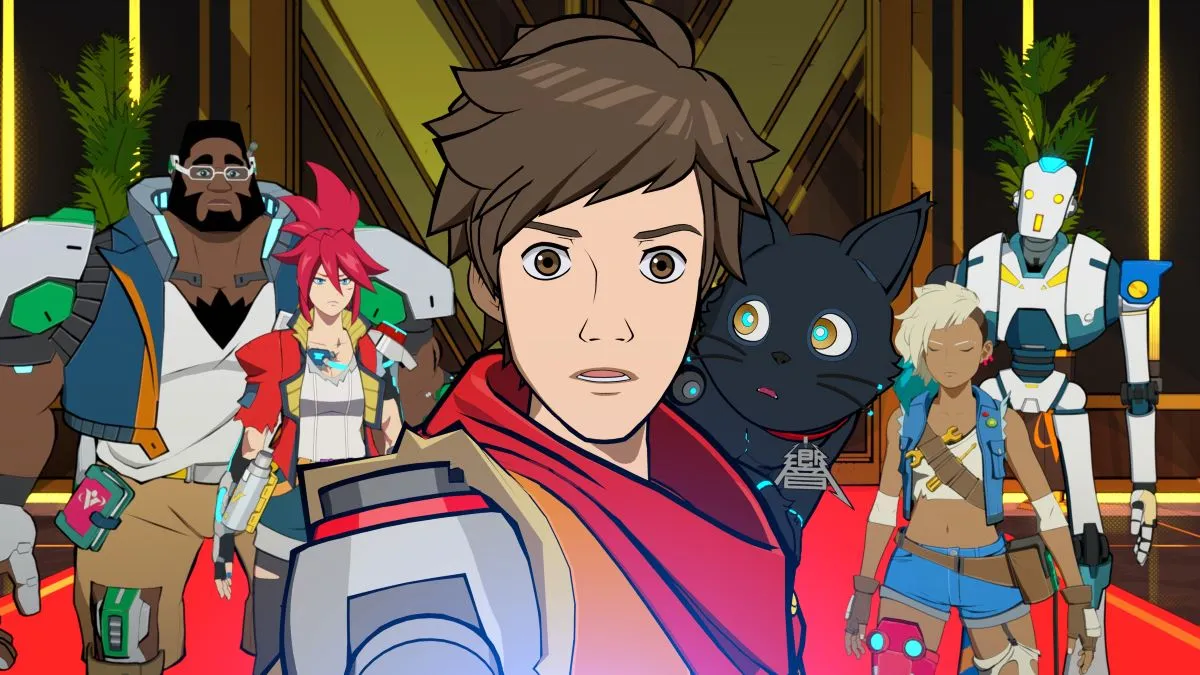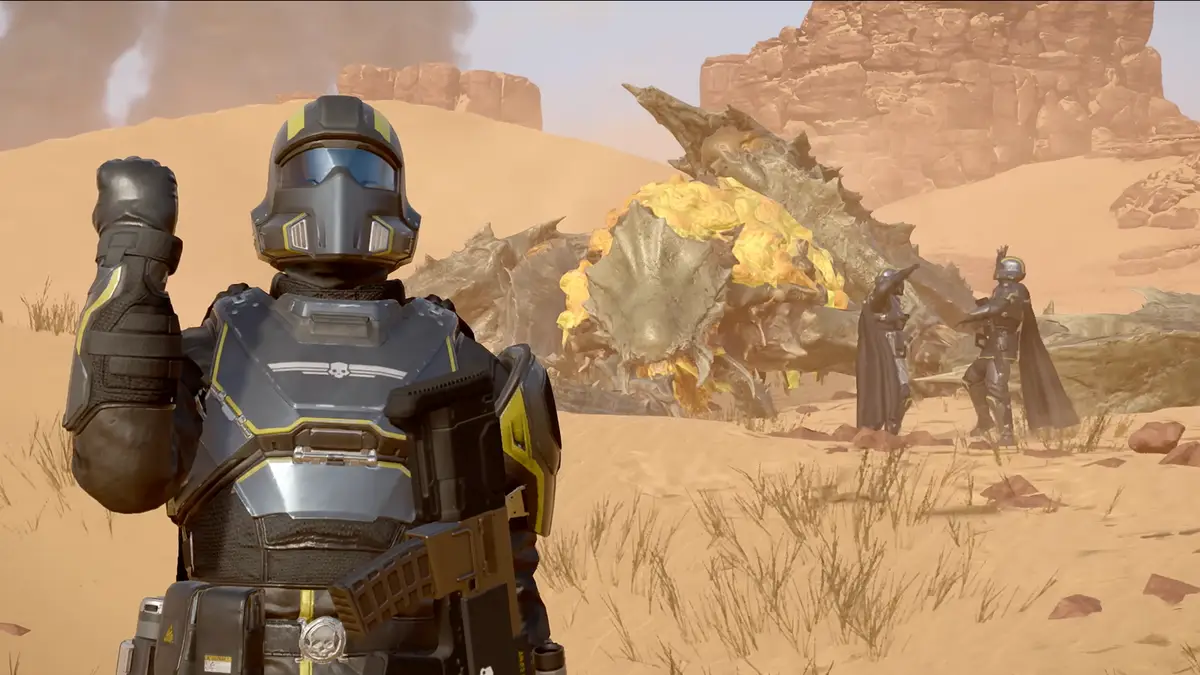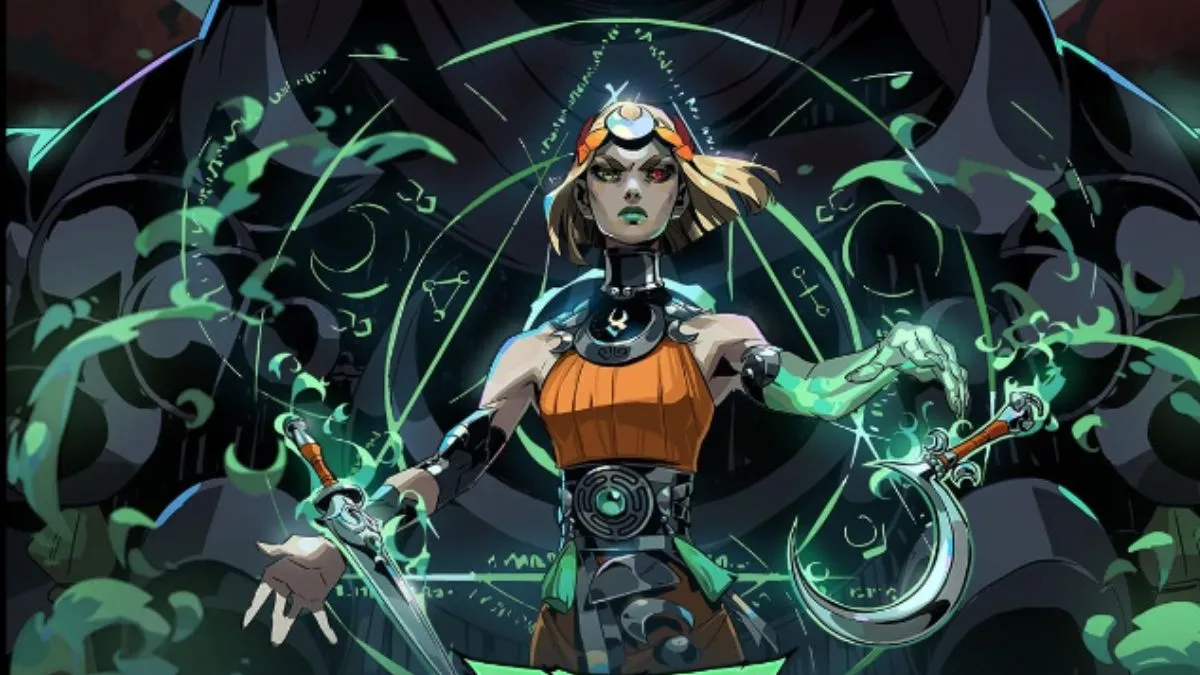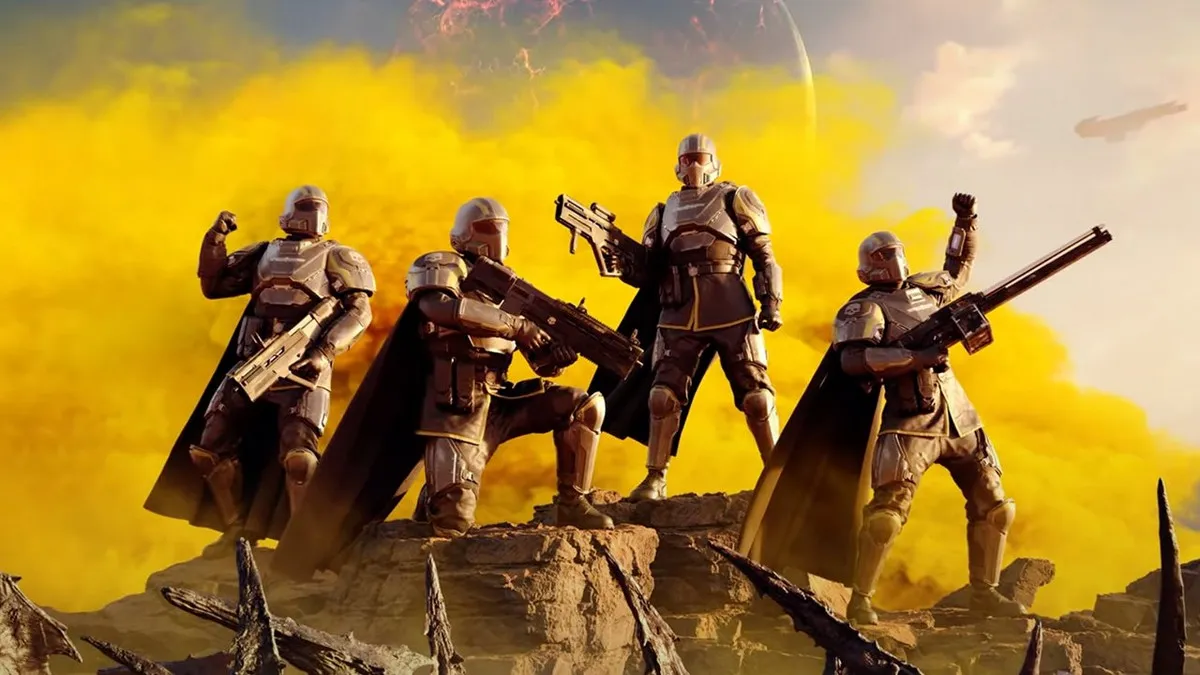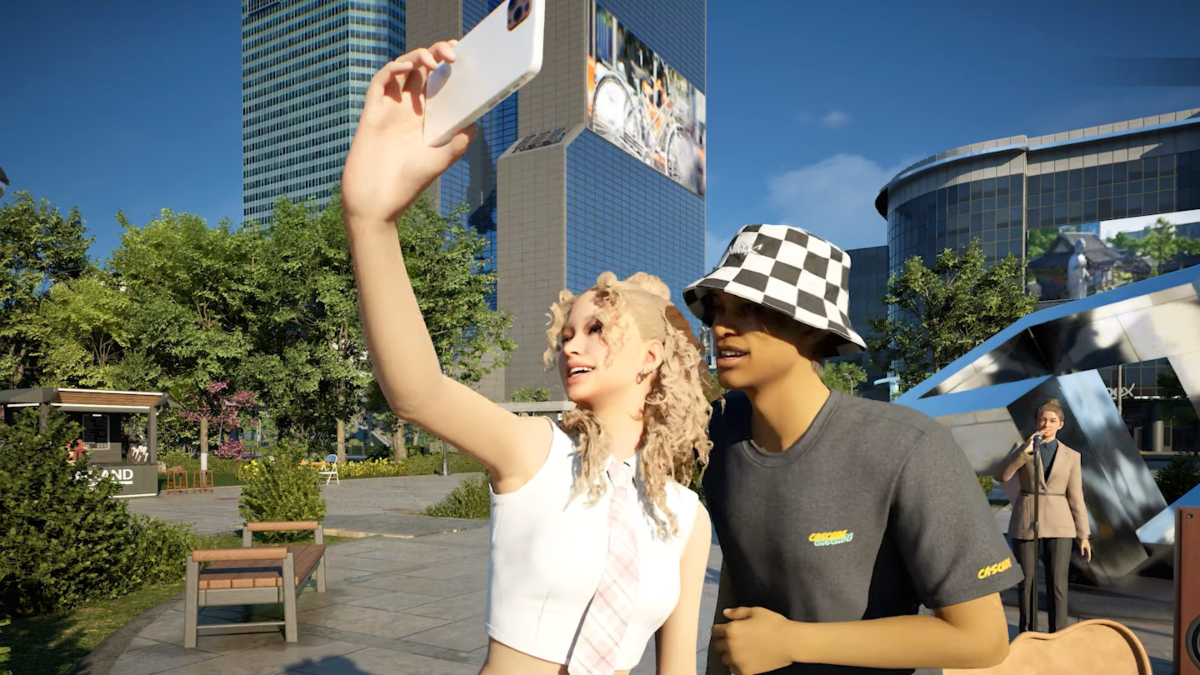Overwatch 2 is on track to go down in history as one of gaming’s greatest-ever embarrassments; whether it’s the abysmal shift to the free-to-play (F2P) model, its heinously — if industry-standard — predatory monetization techniques, or its bizarre insistence on catering to a player base that encapsulates the very essence of entropy, Overwatch 2 is a masterclass in completely butchering a once-in-a-generation gaming IP.
But, distressingly enough, the vitriol being flung at Overwatch 2, while more than justified, has been more than a little misguided; in fact, one of the most scathing criticisms of Overwatch 2 is, in reality, the very thing that could have rescued it from this endless cycle of Blizzard’s double-down approach that we’re finding ourselves in now.
The criticism in question is the expensive cosmetics that players have encountered in the in-game shop, with some skins running north of $15 and almost all of them relatively inaccessible if you don’t whip out your wallet. The issue, however, isn’t the price of the skins themselves, but the fact that we didn’t have this in the original Overwatch.
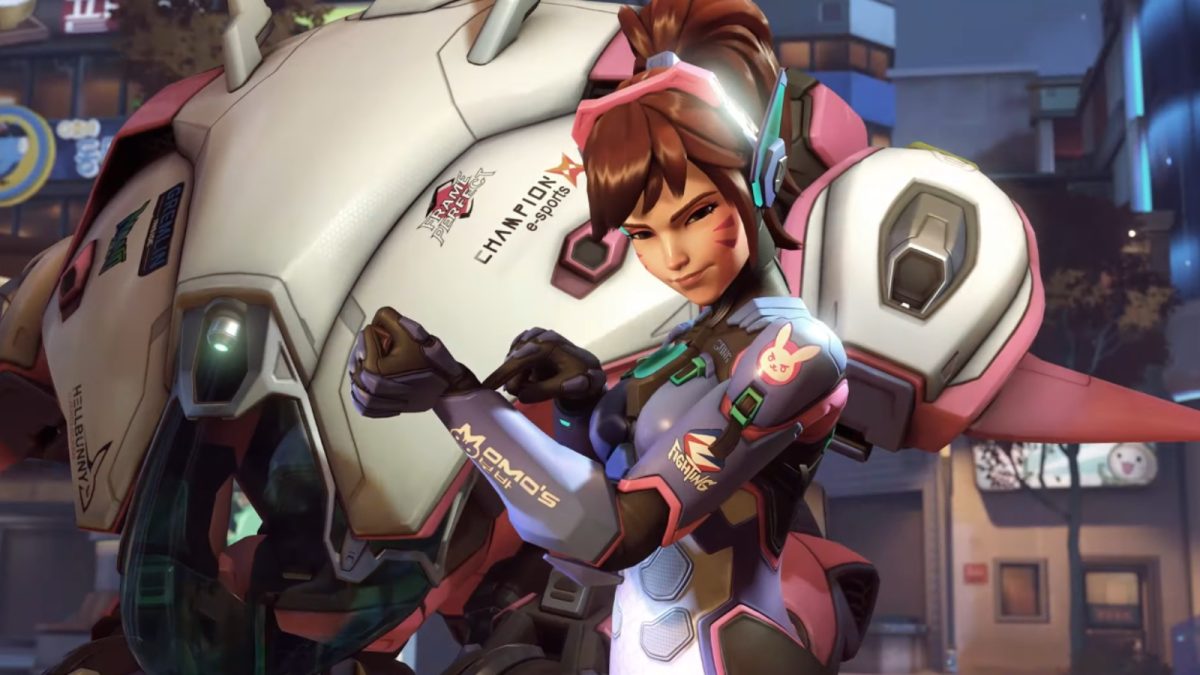
It’s apparent now more than ever, but the original Overwatch spoiled the player base immaculately; with just one purchase of the game, you not only had access to every single piece of game content such as heroes and game modes, but by playing the game, you also received a steady influx of loot boxes and in-game currency that allowed you to shore up your cosmetics collection without ever needing to spend another dime. And now, with Overwatch 2 and its new battle pass system, players have had to adjust to needing to shell out some cash for items that once came to them for free, and the frustration has manifested quite publicly.
But, more importantly, the shift to a battle pass-centric F2P system has brought additional gripes such as locked heroes (every new hero in the original Overwatch game was available to all players upon their release) that need to be unlocked by either grinding the game to a marked degree or buying the battle pass; a significant nail in the coffin that could have been avoided if Blizzard had simply required real money from the players for cosmetic purchases in the first place.
Let’s be honest with ourselves; Overwatch wasn’t making money, and something had to be done to its business model if the game ever hoped to see any meaningful updates ever again. Consider, however, that the business model probably would have been perfectly fine if players were forced to purchase cosmetics with real-world money back in the original game, rather than being spoiled with free content that Blizzard could have ethically afforded to lock behind a paywall.
Had they made that choice, perhaps Overwatch would have had a healthy influx of revenue from cosmetic purchases, and the game may have never required a switch to a F2P model to keep it afloat; had they made that one choice, all the detrimental additions that have come with the game since that switch — many of which mutate already disgusting industry trends into something even more concerning — may have never had the opportunity to get tacked on.
Indeed, it’s one thing to have to pay for customization that has no impact on the game, but it’s quite another to lock such crucial gameplay content, such as heroes, behind the same barriers, especially for a competitive shooter such as Overwatch, where each player having access to all the same tools is crucial in crafting authentic competitive integrity. And that’s not even considering the many other gripes that have come with Overwatch 2, most notably the cancelation of the once-highly-anticipated PvE mode (which ate up a large portion of development time and has since been replaced with a significantly watered-down version of it).
But there’s no good reason for cosmetics to have been made free in the original Overwatch; you wanted some kind of reward for playing the game? Why not just play a game you actually enjoy playing at that point? Self-expression is important to you in gaming? Play The Sims instead of a competitive shooter. Players are making fun of you for using base skins? Mute them.
Blizzard refused to take advantage of an extremely obvious revenue stream that could have kept the original Overwatch alive for at least much longer than it was, and now we players are paying for that gross mistake by settling for ignorant hero lockouts, broken campaign mode promises, and the ever-imminent feeling that one of the best-ever IPs to come out of the industry will always and forever be a shadow of what could have been.

